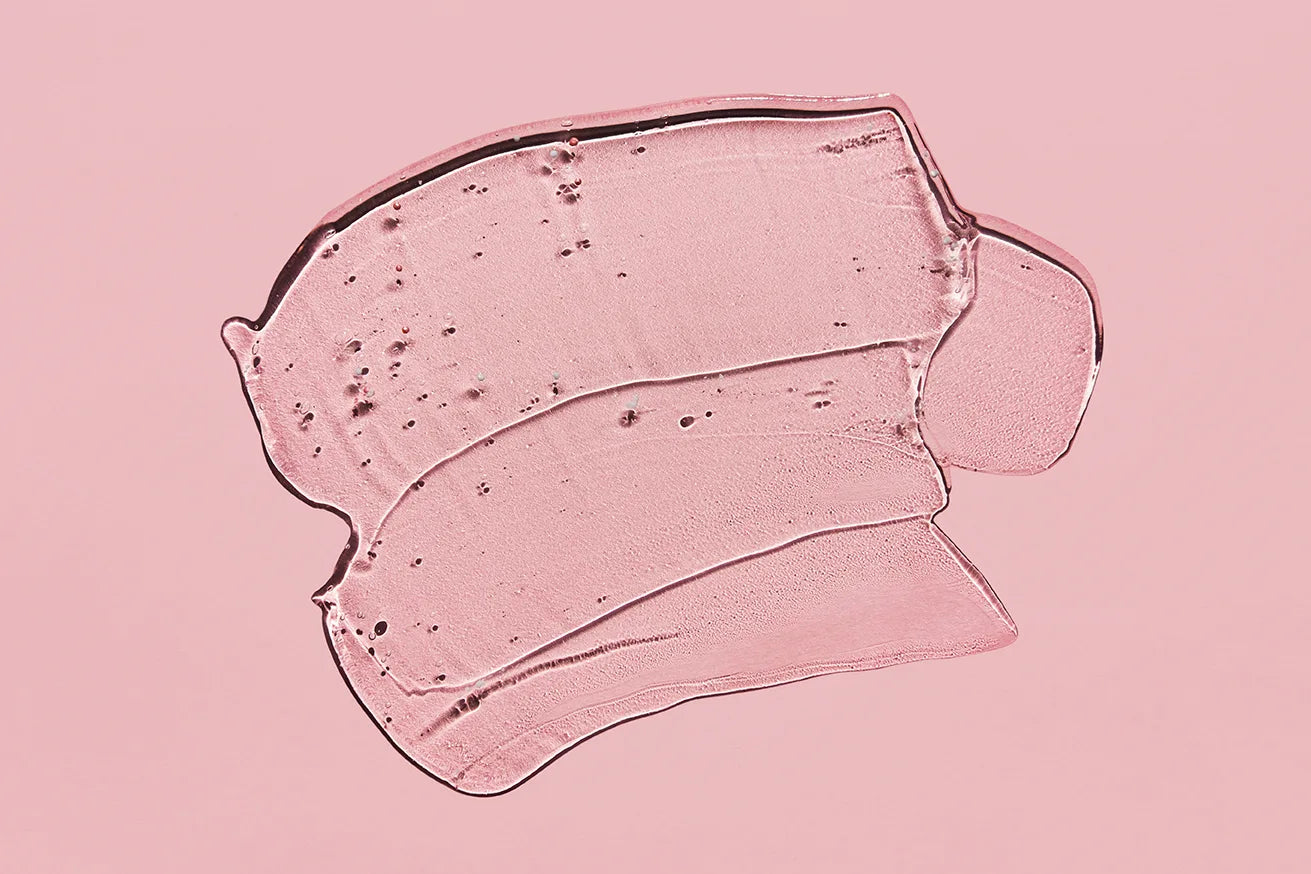- Hydrolyzed collagen supports skin, joints, hair, and nails.
- Different types of collagen: bovine, fish, and plant collagen.
- Effective absorption via dietary supplements.
- Production process and benefits of collagen hydrolysate.
Where does collagen come from?
Collagen is an essential protein. It is found in many cosmetic and health products.
It plays an important role in skin care products, shampoos, and dietary supplements. It is also found in beverages. The origin and type of collagen are crucial to its effectiveness.
Why should I use hydrolyzed collagen?
Hydrolyzed collagen has several benefits:
- It promotes skin elasticity and firmness. This leads to a more youthful appearance.
- It also supports joint and bone health.
- Hydrolyzed collagen can also support hair and nail growth.
Unlike native collagen, hydrolyzed collagen is broken down into smaller peptides through enzymatic processes. These can be more easily absorbed by the body.
Which hydrolyzed collagen supplement is right for you?
When choosing a collagen supplement, pay attention to the collagen content. Additional ingredients that stimulate collagen production are also important.
Particularly effective supplements contain hyaluronic acid and vitamin C. These work together to improve skin elasticity and hydration.
Jolifill also offers products containing hydrolyzed collagen. Examples include 4.2 Triple Action Conditioner, Mesoestetic Mesohyal Vitamin C, and Stayve Collagen Ampoule.
Types of collagen
Bovine collagen:
Bovine collagen is obtained from cattle. It comes from skin and bones left over after meat processing. During the manufacturing process, gelatin is broken down into smaller peptides through hydrolysis. This makes the collagen more bioavailable.
Bovine collagen is rich in glutamine. This amino acid promotes intestinal health. It also supports the recovery of muscle tissue after intense workouts. It can promote the production of cartilage. This contributes to the reduction of joint pain.
Fish collagen:
Fish collagen is considered one of the purest forms of collagen. It is extracted from the skin, bones, and spine of fish. The hydrolysis process is similar to that of bovine collagen. Protease enzymes are used to break down the collagen into smaller peptides.
Fish collagen has the advantage of being more easily absorbed by the body. It triggers fewer allergic reactions compared to other collagen sources. It is particularly effective in strengthening bones, joints, and cartilage.
Plant-based collagen:
Although plants do not produce collagen, there are plant-based alternatives. These stimulate the body to synthesize its own collagen. These alternatives contain amino acids such as glycine, proline, and hydroxyproline. Vitamin C is also included. Together, these substances promote collagen production.
Plant-based collagen is particularly suitable for vegetarians and vegans. However, there is less evidence of its effectiveness compared to animal collagen.
Difference between collagen and hydrolyzed collagen
Collagen is a structural protein that is extracted from animal sources and processed into gelatin. Hydrolyzed collagen differs in that it undergoes an additional hydrolysis process.
During this process, enzymes break down the proteins into smaller peptides. These smaller peptides are easier to absorb. They can be distributed more effectively throughout the body.
Hydrolyzed collagen is used specifically to improve the skin, hair, nails, and joints. It works faster and more efficiently than conventional collagen.
How is hydrolyzed collagen absorbed?
Hydrolyzed collagen can be absorbed topically and orally. In creams and serums, collagen is applied directly to the skin. However, the effect is often limited to the epidermis. Therefore, oral intake of collagen hydrolysate via dietary supplements is more effective.
These supplements provide highly concentrated collagen. It is combined with other beneficial ingredients such as hyaluronic acid, vitamin C, and vitamin D3.
These combinations not only promote collagen production in the body, but also support overall skin health. Joint function is also supported.

Alternatives to hydrolyzed collagen:
- Creams containing hyaluronic acid or vitamin C can stimulate collagen production in the body. However, they have a limited effect. They only reach the uppermost layers of the skin.
- A healthy diet and lifestyle are also important. Consuming protein-rich foods such as eggs, fish, and meat can support collagen production.
- Plant-based alternatives such as green vegetables, legumes, and nuts also help.
- Lifestyle habits such as reducing stress, avoiding smoking, and excessive sunbathing also contribute to maintaining skin health.
FAQ
How quickly does hydrolyzed collagen work?
The effects of hydrolyzed collagen can vary from person to person. Initial results can often be seen after four to six weeks of regular use. Long-term effects are usually observed after three to six months.
Can hydrolyzed collagen have side effects?
Hydrolyzed collagen is generally well tolerated. In rare cases, mild stomach discomfort or allergic reactions may occur. People with allergies to the collagen source should be cautious.
How does hydrolyzed collagen differ from normal collagen products?
Hydrolyzed collagen has the advantage of better bioavailability. The hydrolysis process breaks down the collagen peptides into smaller pieces. This makes it easier for the body to absorb and improves its effectiveness.





